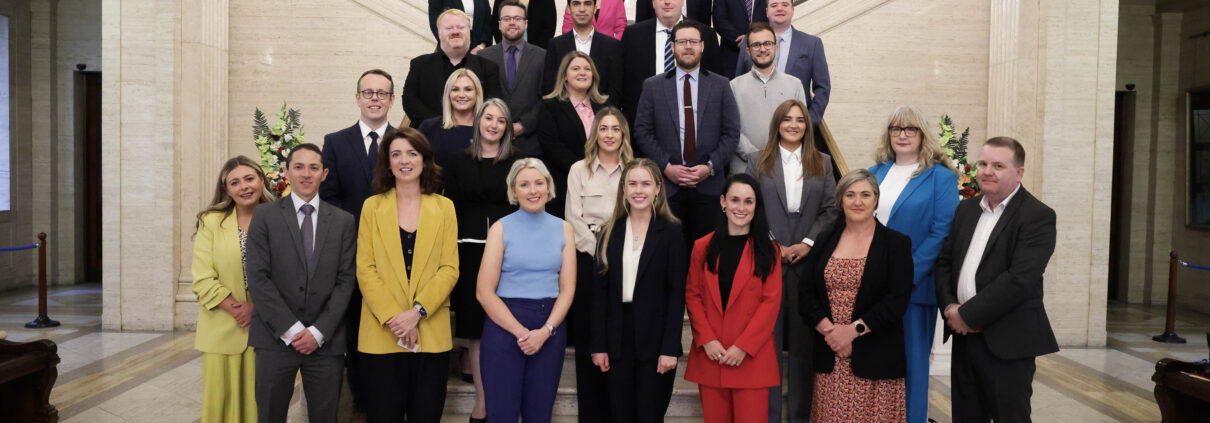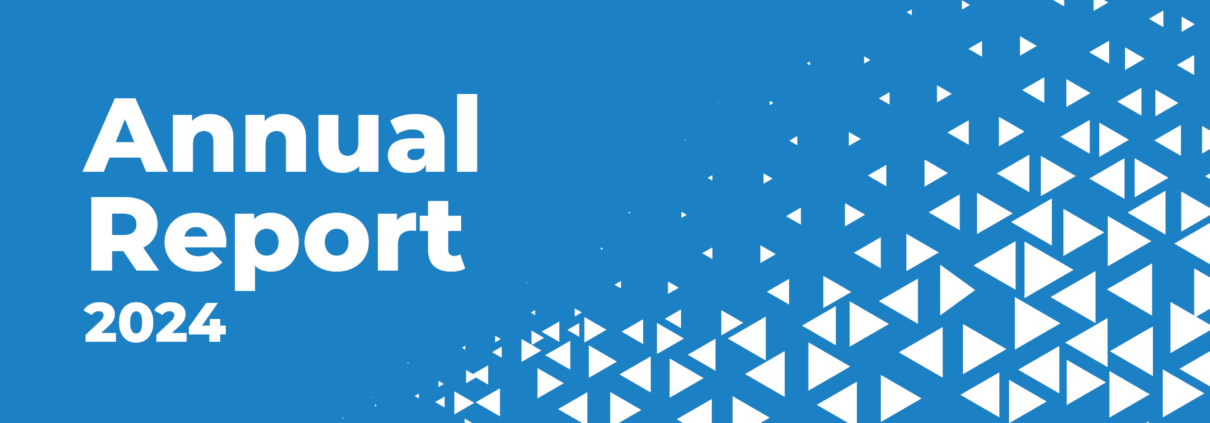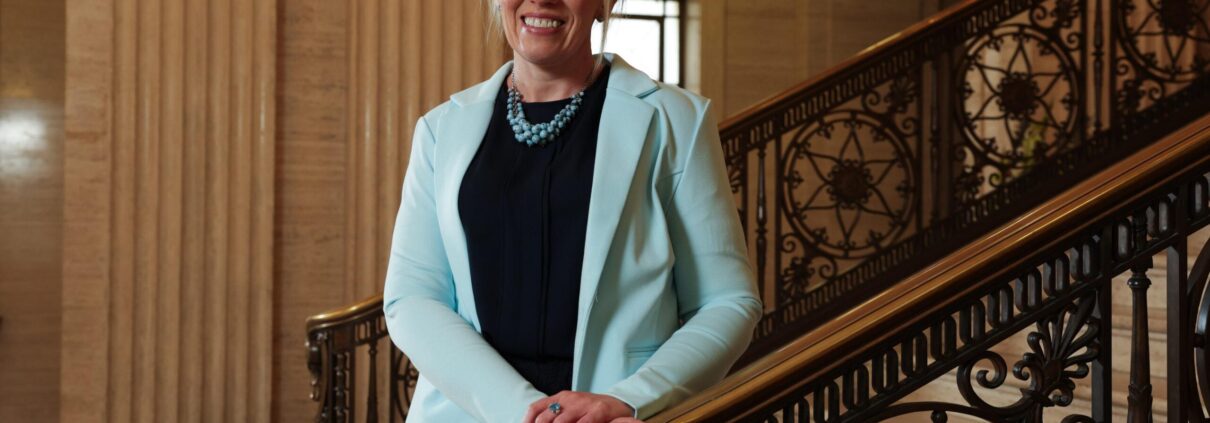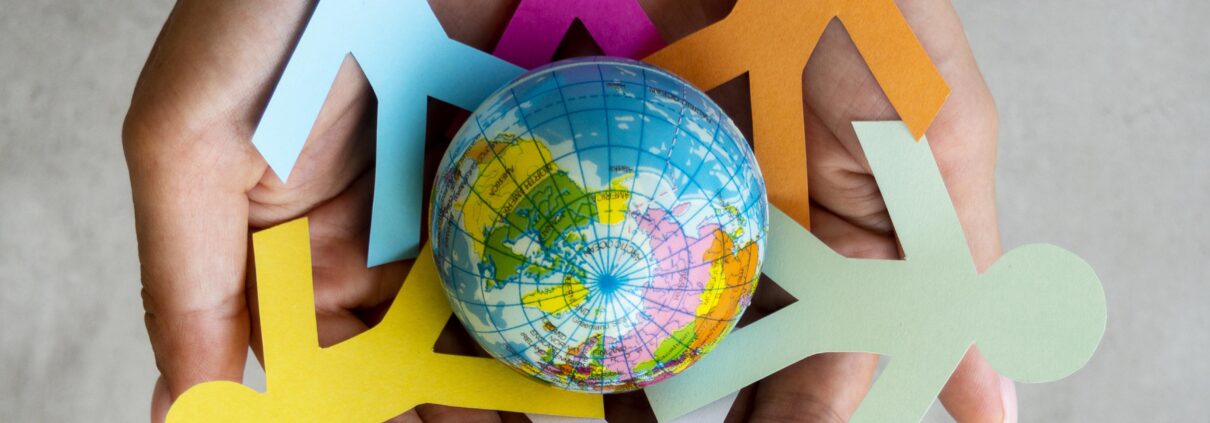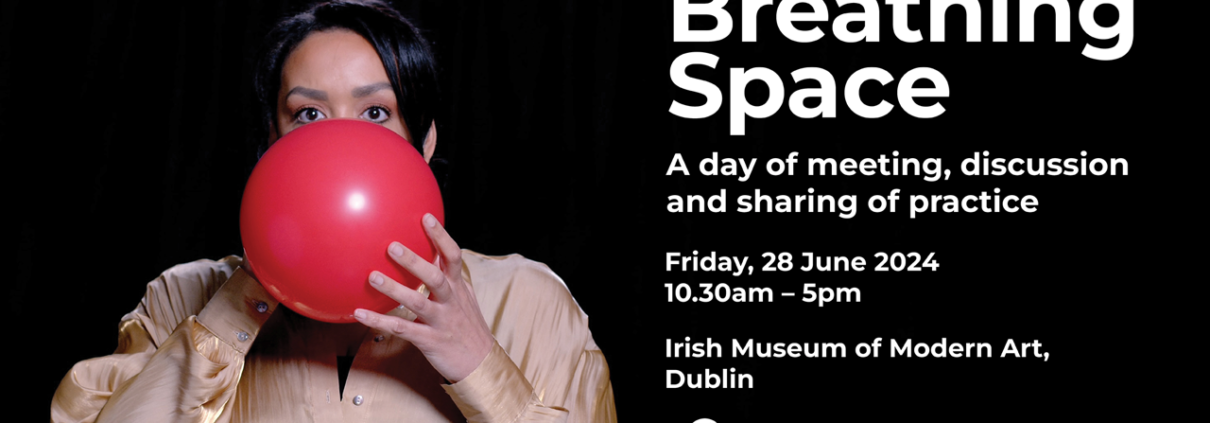Politicians, senior business leaders and public servants among 28 leaders announced as fourth cohort of the Fellowship Programme
A dynamic group of leaders from Northern Ireland society has been officially announced as the fourth cohort of the Centre for Democracy and Peace’s Fellowship Programme to reimagine leadership in Northern Ireland.
Twenty-eight people who are already contributing significantly in political, business, civic society and public sector were selected after a competitive process to find the next stand-out leaders in the region.
They were officially sworn in as the Class of 2025 in a special event at the Long Gallery at Parliament Buildings on Tuesday morning which was attended by First Minister Michelle O’Neill MLA and deputy First Minister Emma Little-Pengelly MLA.
The event was hosted by motivational speaker David Meade who got the new cohort into the spirit of collaboration with a unique team building exercise that saw them build prosthetic hands which will be donated to amputees in developing countries as part of the Give a Hand programme.
This year saw another record number of applications for the Fellowship Programme, and the 28 people selected represent a diverse range of sectors with MLAs and councillors from the world of politics, CEOs and directors in the business world, as well as charities, health, education and civil service all represented.
Over the seven-month programme, Fellows will harness the spirit of possibility, deepen their capacity and navigate through complexity by engaging with important issues.
The Fellowship Programme is supported by the Department for Foreign Affairs and Trade, and the Irish American Partnership, as well as some of Northern Ireland’s biggest employers including Allstate NI, Camlin Group, FinTrU, Fujitsu NI, NIE Networks and Ulster Carpets.
Congratulating this year’s Fellowship cohort, First Minister Michelle O’Neill said:
“I want to congratulate the Centre for Democracy and Peace Building for delivering this innovative Fellowship Programme. It is brilliant to see that leaders from across society are being supported in this way and given this opportunity to develop their knowledge and skills. Everything we do must also be about building a better future and improving the lives of everyone who lives here. As leaders we all have a responsibility to create hope, opportunity, and meaningful change.”
Deputy First Minister Emma Little-Pengelly said:
“Congratulations to the leaders taking part in this year’s Fellowship Programme. This programme is aimed at inspiring the next generation of leaders who will be instrumental when it comes to building a future defined by peace and prosperity. I have no doubt participants will develop the skills they need to help deliver real change for the benefit of everyone and I look forward to hearing about their progress in the months ahead.”
Chair of Centre for Democracy and Peace, Baroness Margaret Ritchie said of the Fellowship Programme’s commencement:
“I welcome all the participants on this year’s Fourth Fellowship Programme which offers an opportunity for all participants to develop their leadership skills and expertise, working with colleagues from across a wide variety of disciplines both in the public and private sector as well as civic society.
“The Fellowship offers an opportunity through such expert training to ensure that all those taking part can help to strengthen our democratic institutions in N Ireland with a renewed sense of confidence and vigour. That is the real value of the Fellowship Programme.”
Fellowship Advisory Board Chair, Darragh McCarthy, added:
“We are delighted to be celebrating the launch of the 2024/25 Centre for Democracy and Peace’s Fellowship Programme. This year’s cohort sees leaders from a range of professional and community backgrounds come together to embark on an exciting journey – focusing on our shared sense of responsibility and opportunity.
“It is an honour to have been appointed the Chair of the Fellowship Programme Advisory Board and I am excited for this year’s edition. The spirit of possibility that the fellows will be able to harness through our bespoke sessions and residentials will empower these leaders from across the political, business, and civic sectors.
“As we enter the fourth year of the Fellowship Programme, I wish the 2024/25 fellows the very best of luck and look forward to working with them over the course of the coming months.”
Leadership and focus
Focus, focus, Fcous. CDPB programme manager Zachary Hutchinson asks the question, “how do I minimise the risk of leading myself and others in the wrong direction?

Did you watch the Olympics this year?
As the nations descended on Paris, many of us in our offices and at home took up the mantle of an expert in lesser known sports: the 10m synchronized diving, mountain biking, and fencing to name a few. Another example is shooting. Who knew you could be so invested in a sport you watch once every four years? Part of becoming an expert for the month involves researching likely gold medal winners, up and
coming talents, and some of the sport’s historic moments.
Perhaps the most infamous moment in Olympic shooting came in Athens in 2004, when twenty-three year old American Matthew Emmons made worldwide news with his performance in the men’s 50m rifle three-position final. Having already won gold in another category two days earlier, Emmons’ momentum carried on as he established a significant lead over his nearest opponent. As his final shot approached, he focused in on his target, going through the motions like he had done throughout the Olympics and the countless hours of training before that. Emmons fired his rifle. He looked up at the target to see his shot had secured him another gold.
But then he looked up at the scoreboard: ‘Emmons – 0’. He shot at his opponent’s target. Matthew Emmons would go on to finish eighth and travel back to Browns Mills, New Jersey, with only one gold medal around his neck. The Independent in the UK reported at the time, “Matthew Emmons is a trained accountant, but he got his numbers terribly wrong yesterday.” How could an expert in focusing on precise details make such a monumental error?
Leaders can become so intently focused on professional – and personal – targets that they hit the incorrect one. Out of an admirable desire to lead with strength and health, to achieve success, and gain influence, leaders can lead themselves and others to the wrong destination (or target); both metaphorically, and in some cases, literally.
The question, however, is not “how do I know what the right direction is?” Rather, we must ask of ourselves, “how do I minimise the risk of leading myself and others in the wrong direction?”
There is no correct answer. However, here are two malleable suggestions that have immensely shaped how I lead myself and others.
Number one: Get someone to ask the hard questions.
Someone that helps us ask the right questions of ourselves is vital to ensure we lift our head above the parapet and evaluate where we are and where we are going. Whether it be a family member, close friend, or professional colleague, having someone ask the hard questions will prevent you learning the hard way. They can help you navigate your target and change direction if necessary.
Number two: Take time to reflect.
Leadership can be all consuming. To consistently maintain strong performance and lead others requires time, effort, and energy. But if you fail to take time to reflect you will be unable to steer, keeping your head down – going from one meeting to the next, or one leader’s retreat to the next – hurdling towards a target you can’t even remember is the right one. It is important to regularly carve out space to take time to reflect.
To take a moment and evaluate where you are and where you are going. To review your inner compass. Often this practice is best executed as a rhythm. It can be as simple as taking ten minutes every day and one hour every week, to pause, reflect, and assess if the target you are aiming for – or the direction you are leading in – is actually the correct one.
Regardless of whether you are a successful leader, or a struggling one, we must all ensure we minimise the risk of leading ourselves and others in the wrong direction.
It does not matter if you won a gold medal two days ago.
———————–
To keep up to date, follow our Twitter/X and LinkedIn accounts, as well as subscribing to our newsletter to get involved in future events.
Centre for Democracy and Peace Building Annual Report 2024
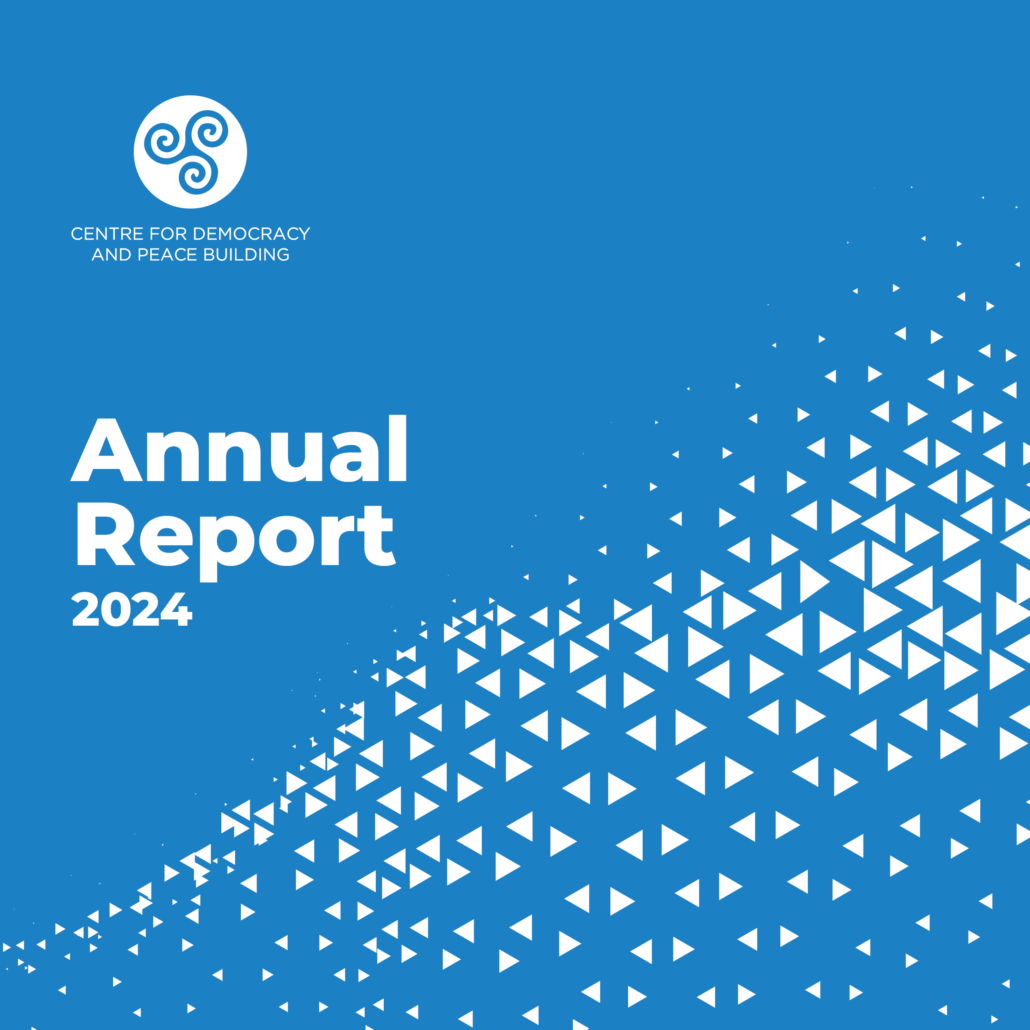 Chairperson’s Remarks
Chairperson’s Remarks
We find ourselves in a cultural moment of uncertainty as domestic and global challenges persist. Whether it is the cost of living crisis, Russia’s invasion of Ukraine, or the war and humanitarian crisis in Gaza, leadership is required more than ever and the importance of peace building critical. This year has been dubbed the year of voting, with more than two billion people heading to the polls in 2024. Quite simply, it is the biggest election year in history. And yet, democracy has never felt so fragile; it seems to be on the ballot itself.
Nevertheless, we have welcomed the restoration of the democratic institutions here in Northern Ireland, reminding the world of the imperfect Irish peace process; the hope it offers to peacebuilders around the globe and the potential it has to play a meaningful in peace processes that are yet to come to fruition.
The Centre for Democracy and Peace Building (CDPB) continues to be involved in vital work across these islands, most notably with the Fellowship Programme.
Now going into its fourth year, the Fellowship Programme has over seventy alumni, including Finance Minister Caoimhe Archibald MLA, Comptroller and Auditor General for Northern Ireland Dorinnia Carville, and Jason Bunting, whose participation in the programme contributed to his enrolment at the prestigious Blavatnik School of Government, University of Oxford. The Fellowship Programme invites twenty-four ambitious leaders on a seven month journey to reimagine and pave a new, prosperous future for Northern Ireland. The programme seeks to support the peace process, foster innovation and capacity building, and encourage collaborative decision-making so that leaders across society are strengthened and equipped to navigate complexity and deliver real change for the benefit of all. A special note of thanks must go to John Healy who stepped down as advisory board chair in March upon his appointment as chair of Invest NI. We are delighted to have CEO and Founder of FinTrU, Darragh McCarthy, assuming the role.
This year’s work also included the launch the Good Friday Agreement Online Course, the delivery of various cultural diplomacy symposiums, and our continued partnership with the John Smith Trust. We were also delighted to welcome Ciarán Ó Cuinn to the CDPB board. Ciarán is head of mission at MEDRC, the sole surviving institution of the multilateral Middle East peace process.
Baroness Margaret Ritchie of Downpatrick
Reimagining leadership: being open to insight will help us pave the way to a brighter future
Dorinnia Carville, Comptroller and Auditor General, Northern Ireland Audit Office
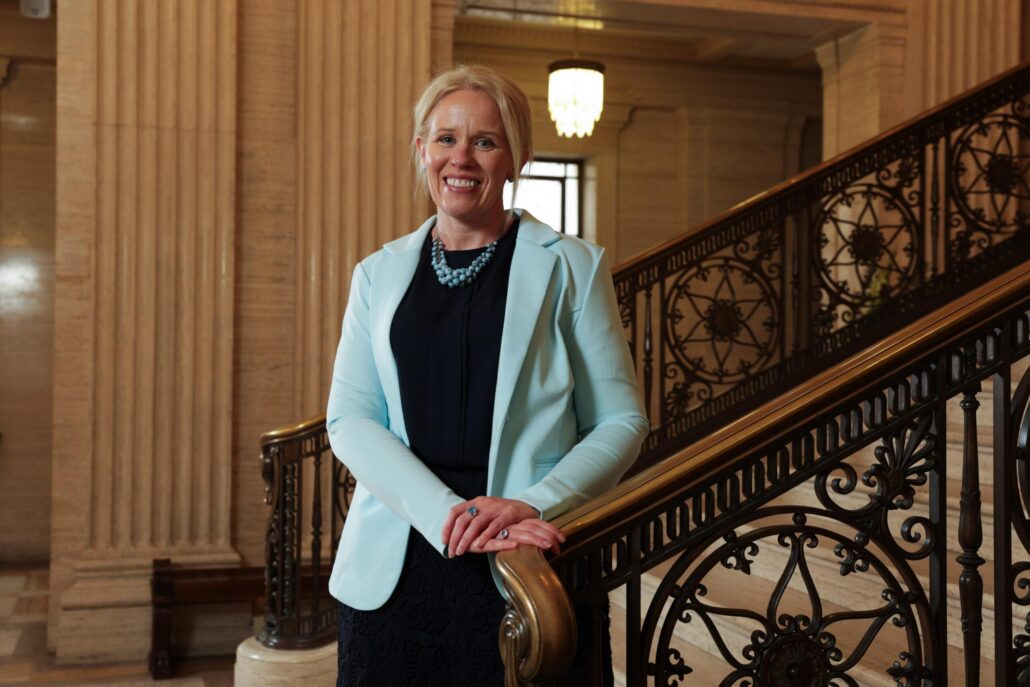
Leadership is often perceived as a final destination, a pinnacle reached after years of experience and hard work. However, I believe it’s how you approach the journey that sets you apart and to be an agent for change you must embrace opportunities to learn from others.
I gained great insight and perspective from taking part on a recent development programme. The power of collaboration across sectors was evident on the Centre for Democracy and Peace Building’s Fellowship Programme. Participants have the unique opportunity to engage with professionals from various sectors — community, business, political, and more — creating a rich tapestry of expertise and insights.
Meeting people from a range of sectors that I wouldn't ordinarily deal with made me realise that they are dealing with the same issues. There was lots of shared learning.
This cross-sector networking is particularly valuable in a place like Northern Ireland, a region so small that there is no excuse for silo working and not having joined up approaches to societal challenges.
I found working with people at different career stages to be a formative experience. I probably learned most from some of the people who were at the early stages of their career because they just had very different approaches, very different ways of looking at things.
This made me appreciate the traits of modern leadership: the ability to adapt and integrate new perspectives, especially from younger generations who bring fresh ideas and a deeper understanding of contemporary tools and trends. It’s a reminder that effective leadership is not just about imparting knowledge, but also about being open to receiving it from all quarters.
A transformative approach to leadership is what is needed in Northern Ireland if we are to progress past the usual stumbling blocks. By valuing continuous learning, embracing cross-sector collaboration, and integrating fresh perspectives, we can reimagine and redefine what it means to lead in today’s society and pave the way for a brighter future.
To learn more about the Fellowship Programme and apply, visit our website.
———————–
To keep up to date, follow our Twitter/X and LinkedIn accounts, as well as subscribing to our newsletter to get involved in future events.
Leadership and Groundedness
By Alannah Millar
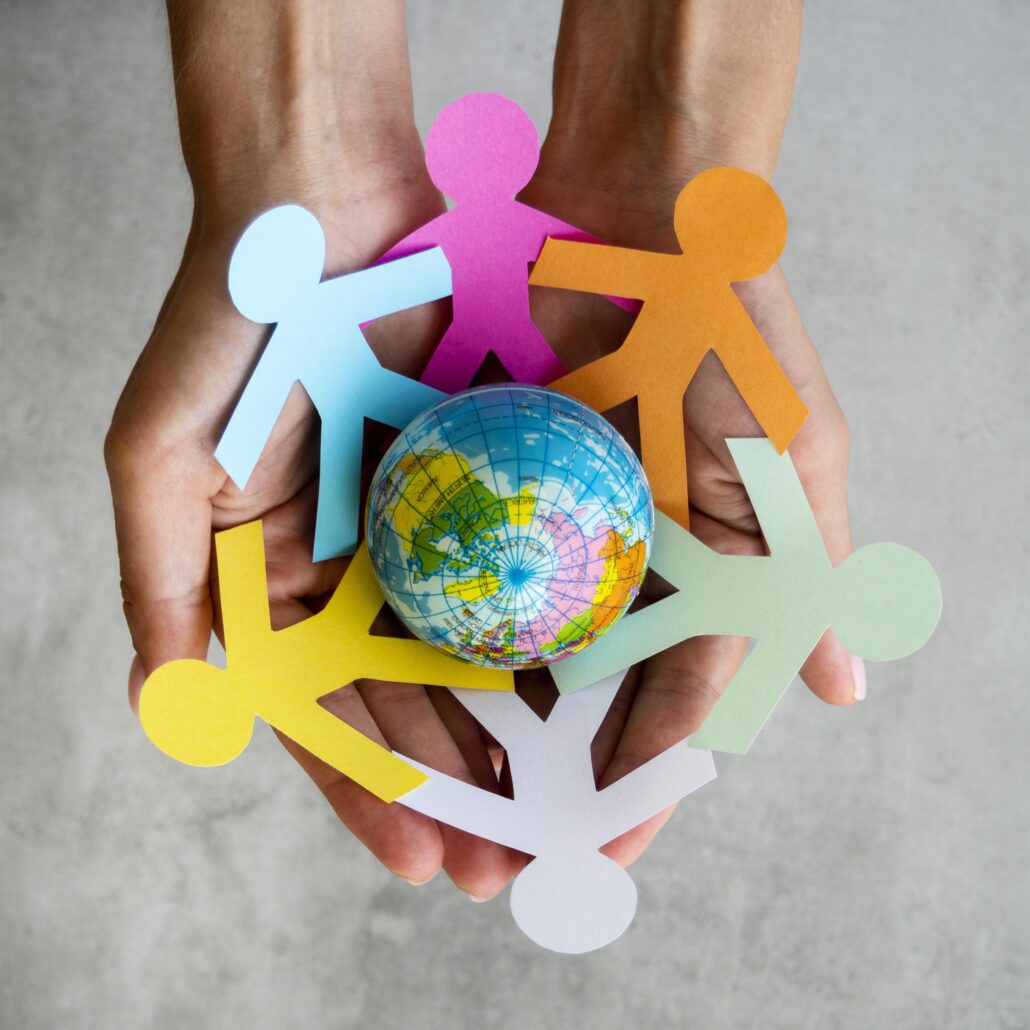
People often ask me if Russia’s political atmosphere felt different. They are often so curious because it is so uniquely Russian. Leadership in Russia is culturally specific, but it is not in touch with the masses and its Achilles Heel is the fact that it is so separated from the experiences of many.
When I lived in St Petersburg, the political machine seemed miles away. So far away I had no opportunity to get involved nor could it really affect my everyday. Putin was but a figment somewhere very far away; his leadership came from miles above. Moscow and its politics seemed far away from the daily concerns of the local St Petersburgite. Even when Putin did visit St Petersburg, no ordinary citizens were disturbed or were able to reach him. He was cocooned away, safely shuttled between sites.
Don’t get me wrong, some leadership felt very real and pressing. The police presence on the streets and at every metro stop made my heart leap into my throat every time I passed them, my head physically bowing to avoid eye contact. But in general, any form of political leadership seemed untouchable. Even the city’s federal politics did not seem to disturb everyday life in the city. Decisions were made by the City Council, but it did little to make changes to the everyday life of most citizens in the city. And the decisions that did alter everyday life were hardly pleasant, such as introduction of partial mobilisation, which forcibly rounded up 300,000 men to join the fight in Ukraine.
At his annual New Year conference, where Putin was questioned by journalists, questions swirled over economics, foreign policy, military positions, and other questions which seemed so complex as to confound even political commentators. Despite speaking Russian fluently, it was one of the only times where I really felt like I needed a translator. The one representative, who seemed indicative of the masses asked a question which seemed at odds with the rest of the ceremony, meekly asking why the price of groceries had risen so much, citing that a bag of carrots had tripled in price in the last year. Putin seemed to shrug, as if the question was none of his concern, offered a litany of pretentious apologies and empty promises and moved on.
Putin’s politics are based on his untouchability. No one can criticise or alter his plans because of it, but it also leaves everyone else with no input and no sense that the end product has been created together. He goes it alone. Putin bases his leadership on the idea of him as a single figure and he operates a high-power distance style of leadership.
But that untouchability is a fault.
Leadership should be grounded with lived experience and should engage and interact with more than those at the top of the pecking order. Leadership should not be constrained by cultural myths and history. It is largely presumed that Russia cannot function without a strong autocratic leader. With its long history of tyrants, tsars, and dictators, many believe that Russia must have a strong, centralised, autocratic power. However, to excuse Putin’s regime as a necessary form of leadership in Russia is to be lulled into delusion.
This belief is proven wrong by the strong Russian support for opposition leaders, who offer a vision of a future for Russia in which leadership is drastically changed. They offer a leadership which is in touch with the grassroots, in touch with the everyday problems of the people. The Russian opposition has no one monolithic leader. It is fractured and splintered, with gloriously imperfect factions and internal divisions. Each individual has flaws and is marked by their experience with the community they live in. And that is partly the glory of the system.
Alexei Navalny, for example, chose to go back to Russia, to be amongst his community, risking arrest and further persecution after he was taken to Berlin after being poisoned. He did so because he did not believe in leading from afar; Alexei wanted to be in amongst the community and with his people. He presented himself as one of us, not one of them.
Leadership should not be detached from the everyday concerns, but rather root itself in its team. After his death, Alexei’s wife Yulia Navalnaya queued for six hours to vote in the Russian embassy in Berlin. She was in amongst the crowd and did not ask for special treatment. She was seen, felt, and heard by the Russian community.
Leadership at all levels – whether it be in national institutions, regional organisations, or local businesses – should be easily accessible, and inclusive. It should not feel elusive and far away, but here, now, and real. It should concern itself with the cost of carrots.
———————–
To keep up to date, follow our Twitter/X and LinkedIn accounts, as well as subscribing to our newsletter to get involved in future events.
Breathing Space
A day of meeting, discussion and sharing of practice convened by the Centre for Democracy and Peace Building and Irish Museum of Modern Art.
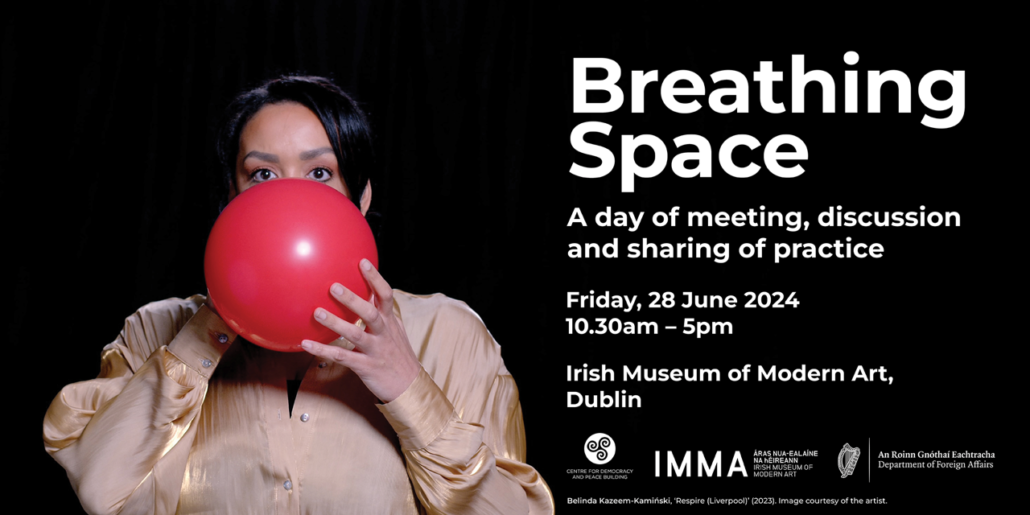
Building upon IMMA’s new exhibition Take a Breath as a foundation, alongside focusing on aspects of IMMA’s Collections and Archives, the event will feature presentations and workshops exploring the theme of ‘breathing space.’ This gathering is intended to create space for dialogue and the sharing of practice and ideas. Namely, it is a coming together of key figures interested in exploring a conversation about our shared island with international representation.
This event is convened by the Centre for Democracy and Peace and the Irish Museum of Modern Art with support from the Shared Island Civic Society Fund.
More information including agenda to follow. Refreshments included.
Date and time
Friday, June 28 · 10:30am – 5pm GMT+1
Location
Irish Museum of Modern Art
Military Road D08 FW31 Dublin 8 Ireland
About this event
6 hours 30 minutes
Register here: www.eventbrite.co.uk/e/breathing-space-tickets-920079451407
———————–
To keep up to date, follow our Twitter/X and LinkedIn accounts, as well as subscribing to our newsletter to get involved in future events.

